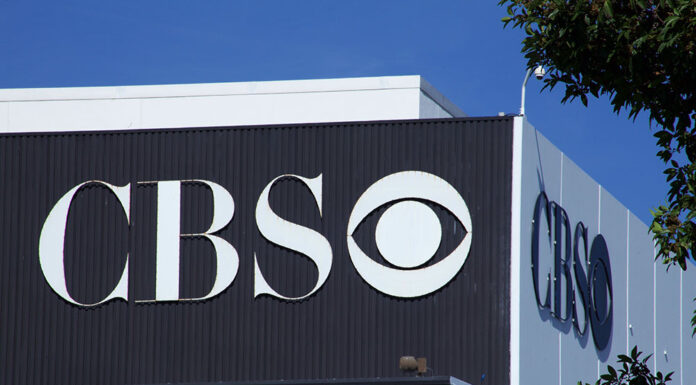Legendary CBS News anchor Dan Rather delivered a scathing critique of Paramount Global’s $16 million settlement with President Donald Trump, calling the agreement “a sell-out to extortion by the president” in comments made Wednesday to Variety.
The 93-year-old former anchor, who worked at CBS News for 44 years, expressed deep disappointment over the media company’s decision to settle Trump’s lawsuit regarding a “60 Minutes” interview with former Vice President Kamala Harris. Rather characterized the settlement as distortion by the President and a kneeling down by billionaire corporate owners.
Trump had originally sued Paramount for $20 billion, claiming the network deceptively edited Harris’ interview by altering a garbled sentence about Israel’s war in Gaza. The lawsuit accused “60 Minutes” of election interference through what Trump termed “news distortion.” However, most legal scholars and experts agreed the suit was frivolous and would not withstand First Amendment scrutiny.
Under the settlement terms, Paramount will pay $16 million to Trump’s presidential library and cover legal fees. The agreement also requires CBS to release full, unedited transcripts of future presidential candidate interviews and potentially fund advertisements supporting conservative causes. Notably, the settlement does not require Paramount to issue any apology.
Rather emphasized that Paramount did not need to settle the case, arguing that settlements typically occur when wrongdoing has occurred. He maintained that “60 Minutes” followed accepted journalistic practices and that lawyers almost unanimously believed the case would not survive in court. The former anchor noted that CBS News staff fought against the settlement internally.
The settlement comes as David Ellison’s Skydance Media negotiates an $8 billion acquisition of Paramount, which requires approval from the Trump-controlled Federal Communications Commission. Rather suggested this financial consideration influenced the company’s decision to settle, stating that big billionaire business people make decisions about money rather than press freedom.
Rather warned that Trump’s strategy of pressuring media organizations through legal threats could have far-reaching consequences for journalism and democracy. He indicated that Trump recognized corporate executives would fold under pressure when significant money was at stake, forcing a news organization to pay millions for constitutionally protected reporting activities.
The veteran journalist expressed concern about the broader implications, noting that Trump has employed similar tactics with law firms and universities. Rather questioned where such pressure campaigns might lead, suggesting they represent a threat to the country’s democratic institutions and the ability of news organizations to hold powerful figures accountable.
Despite his criticism of the corporate decision, Rather offered strong support for his former colleagues at CBS News and “60 Minutes.” He praised their efforts to resist the settlement and predicted they would continue producing quality journalism despite the circumstances. The former anchor described their support as total and absolute.
The settlement matches a similar $16 million payment Disney made to Trump’s library last year to resolve his defamation suit over an ABC News interview. This pattern has drawn criticism from politicians including Senator Elizabeth Warren, who suggested the payments could constitute bribery.
Rather’s departure from CBS in 2006 followed controversy over a story about President George W. Bush’s National Guard service that relied on unauthenticated documents. He unsuccessfully sued CBS and then-parent company Viacom in 2007, with courts ultimately dismissing his claims. Rather now authors a Substack publication.
The settlement has also contributed to internal upheaval at CBS News, with top producer Bill Owens departing over concerns about decreased journalistic independence. Executive Wendy McMahon subsequently left the network as well, highlighting the internal tensions surrounding the agreement.
Rather concluded his remarks by reflecting on the unprecedented challenges facing journalism during his six-decade career. He encouraged current CBS News and “60 Minutes” staff to continue their work while acknowledging the difficult circumstances created by the settlement and its implications for press freedom.








